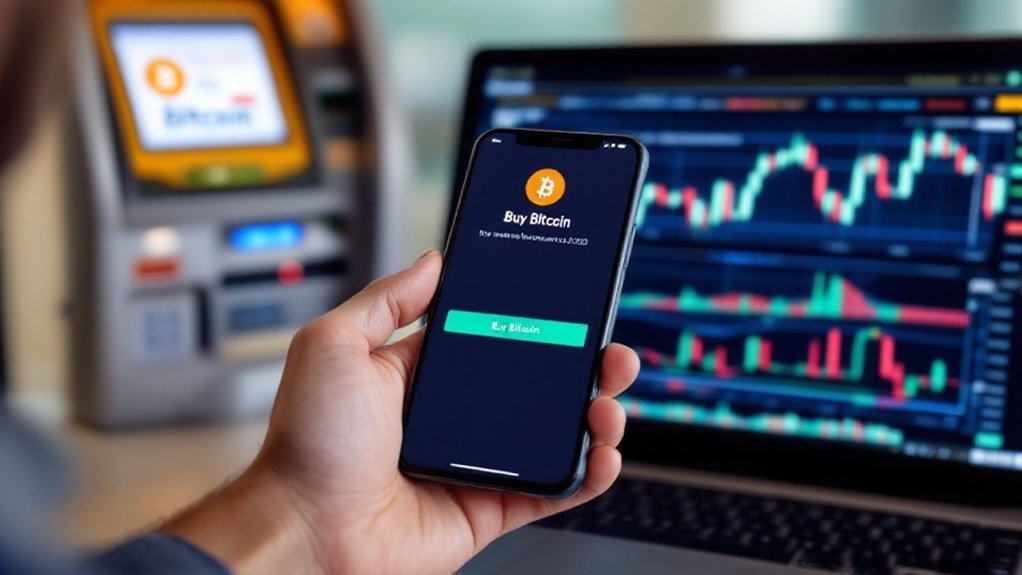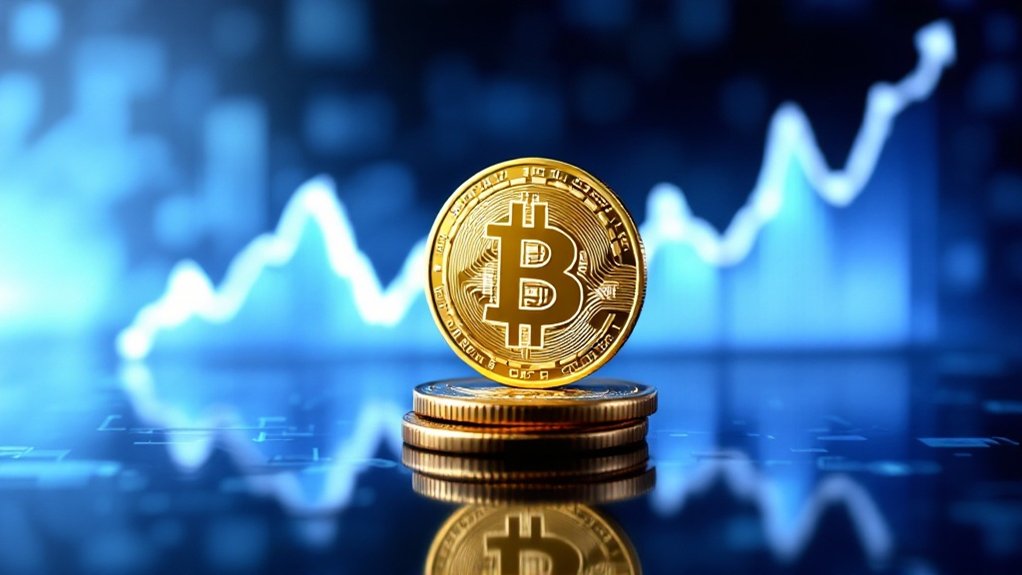In 2025, purchasing Bitcoins will require navigating a maturing crypto landscape with heightened security measures and regulatory oversight. Prospective investors must exercise due diligence in selecting reputable exchanges, enabling robust authentication protocols, and adhering to stringent verification processes. Employing strategic investment approaches, such as dollar-cost averaging, and securely storing Bitcoins in cold wallets will be essential for mitigating risks in an increasingly complex digital asset ecosystem. As the crypto market evolves, staying informed about the latest developments and best practices will be crucial for secure investing.

In the year 2025, purchasing Bitcoins has become a streamlined and widely accessible process, thanks to the proliferation of cryptocurrency exchanges and the maturation of the regulatory environment. Centralized exchanges like Binance and Coinbase remain popular, offering user-friendly interfaces and a wide range of payment methods, including bank transfers, credit/debit cards, and digital wallets such as PayPal. Bitcoin ATMs have also become a convenient way to purchase Bitcoin with cash, often located in public spaces like shopping malls and airports.
These platforms adhere to strict KYC/AML requirements, ensuring compliance with government regulations and providing a secure environment for users to buy and sell cryptocurrencies. Spot trading platforms have become increasingly sophisticated, offering advanced order types and real-time market data for efficient trading.
Decentralized exchanges have also gained traction, appealing to those who prioritize privacy and seek to maintain control over their funds. These platforms allow for direct peer-to-peer transactions without the need for intermediaries, often utilizing smart contracts to facilitate secure and trustless trades.
As the regulatory landscape has become clearer, with guidelines established by the SEC and CFTC, investors can navigate the crypto market with greater confidence. The U.S. approach to crypto regulation is characterized by agency-driven enforcement and evolving guidelines, contrasting with the European Union's MiCA framework, which offers a comprehensive, uniform regulatory regime for crypto assets.
To ensure the safety of their digital assets, buyers are encouraged to enable two-factor authentication (2FA) on their exchange accounts and store their Bitcoins in cold storage wallets for long-term holdings. Biometric verification, such as fingerprint or facial recognition, has become more common, adding an extra layer of security to protect users' funds.
Many exchanges now offer insurance policies to safeguard against potential hacks or security breaches.
When it comes to investment strategies, dollar-cost averaging remains popular among long-term investors, allowing them to mitigate the impact of market volatility by making regular, fixed-amount purchases over time. The Bitcoin futures and options markets have matured, providing sophisticated traders with additional tools for hedging and speculation.
As institutional adoption continues to grow, integrating Bitcoin into traditional investment portfolios has become more commonplace.
For those looking to educate themselves about cryptocurrencies, a wealth of resources is available. Online courses on blockchain technology and crypto investing are widely accessible, while social media influencers and crypto podcasts provide insights into market trends and analysis.
Universities have begun incorporating blockchain technology into their curricula, preparing the next generation of professionals for the digital economy.
Conclusion
In conclusion, buying Bitcoins in 2025 requires careful research, account verification, and secure storage practices. By selecting a reputable exchange, enabling two-factor authentication, and using dollar-cost averaging, investors can mitigate risks associated with the volatile cryptocurrency market. Storing Bitcoins in a cold storage wallet further enhances security. As the crypto landscape continues to evolve, staying informed about market trends and adopting best practices for secure investing will remain essential for both novice and experienced Bitcoin buyers.
References
- https://www.cryptoninjas.net/exchange/how-to-buy-bitcoin/
- https://coincub.com/us-crypto-regulation/
- https://hapi.trade/en/blog/guide-to-buying-bitcoin-in-2025
- https://coinledger.io/tools/cheapest-ways-to-buy-bitcoin
- https://fdic.gov/news/press-releases/2025/fdic-releases-documents-related-supervision-crypto-related-activities
- https://coinbureau.com/guides/how-to-buy-bitcoin-in-the-us/
- https://www.security.org/digital-security/crypto/
- https://tax.thomsonreuters.com/news/cryptocurrency-global-regulatory-updates/
- https://www.youtube.com/watch?v=yz8Z0xOGn3Y
- https://www.youtube.com/watch?v=XUmfYwrpyUc





